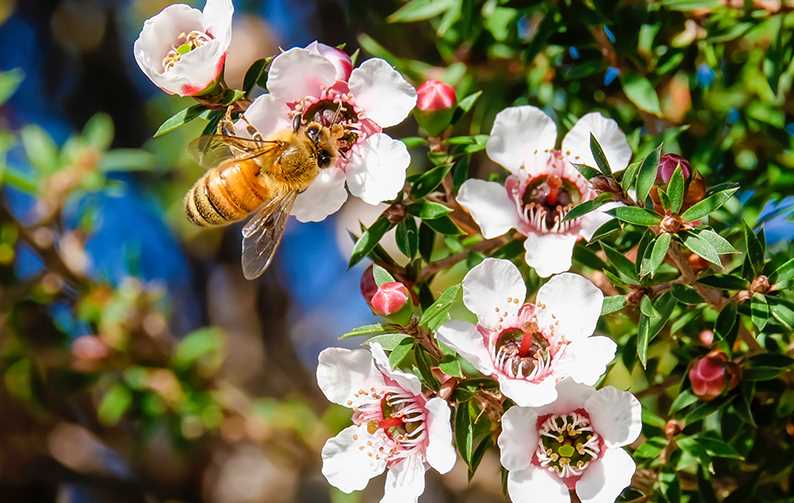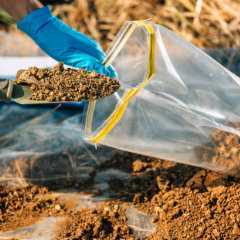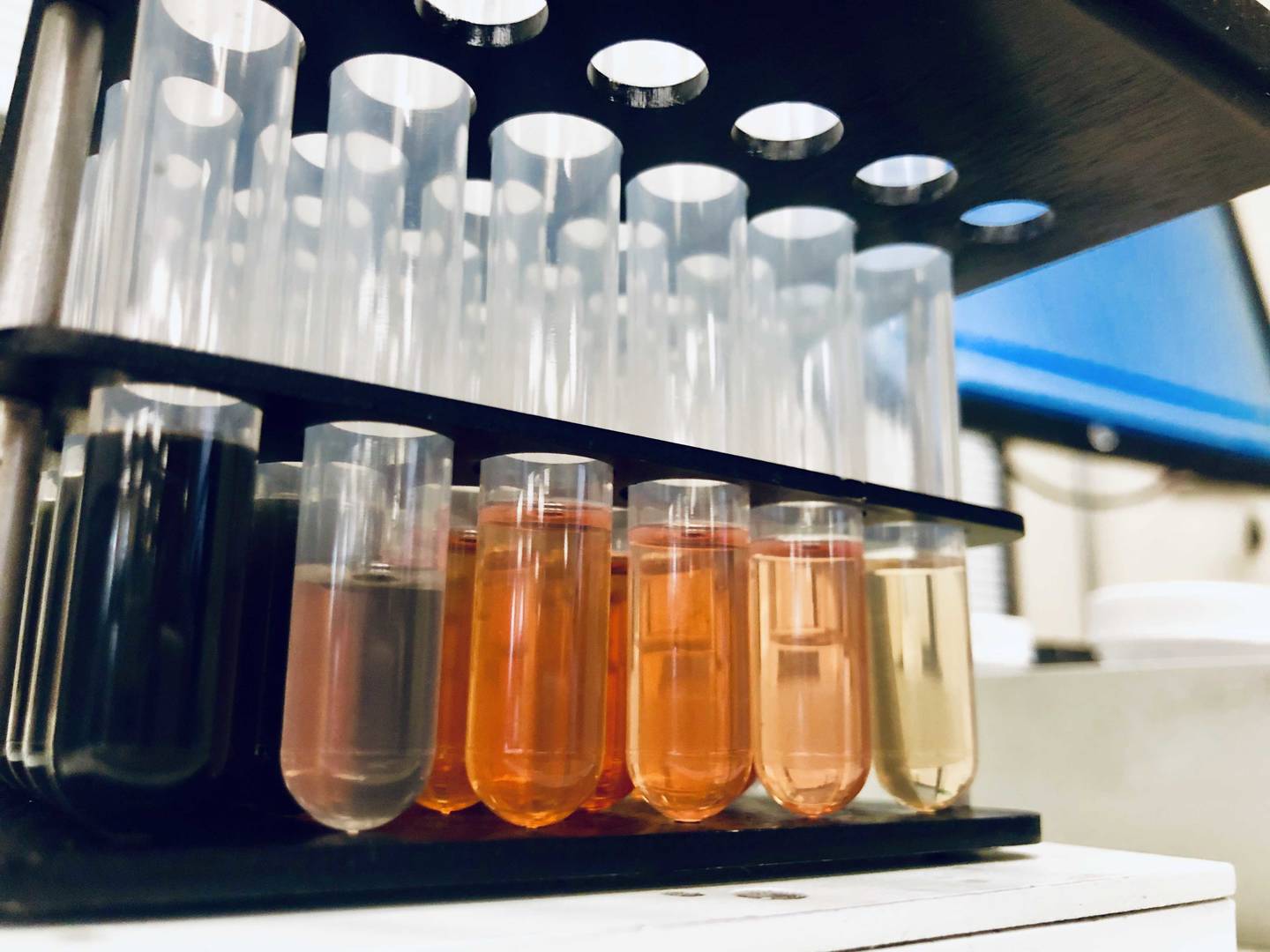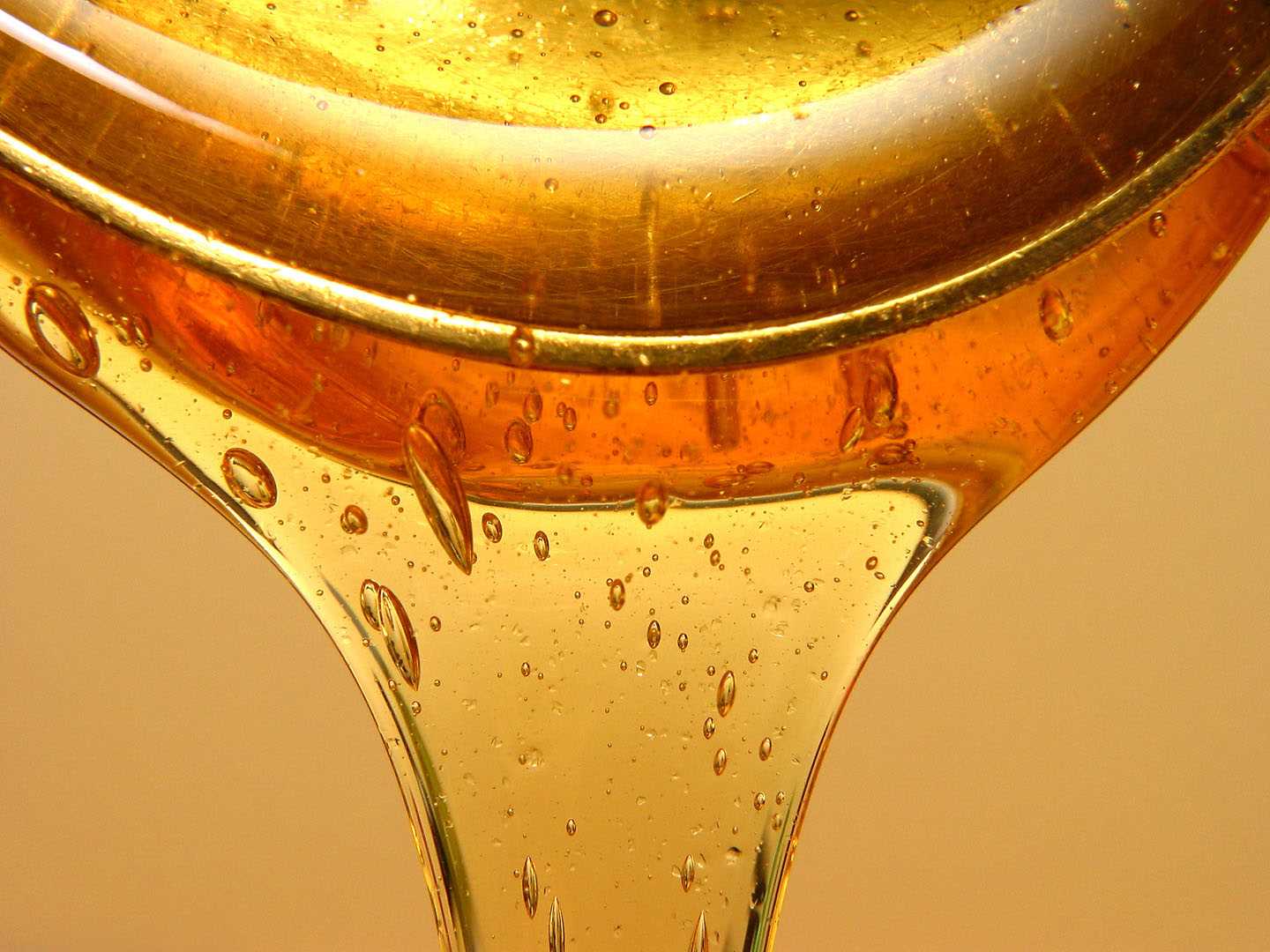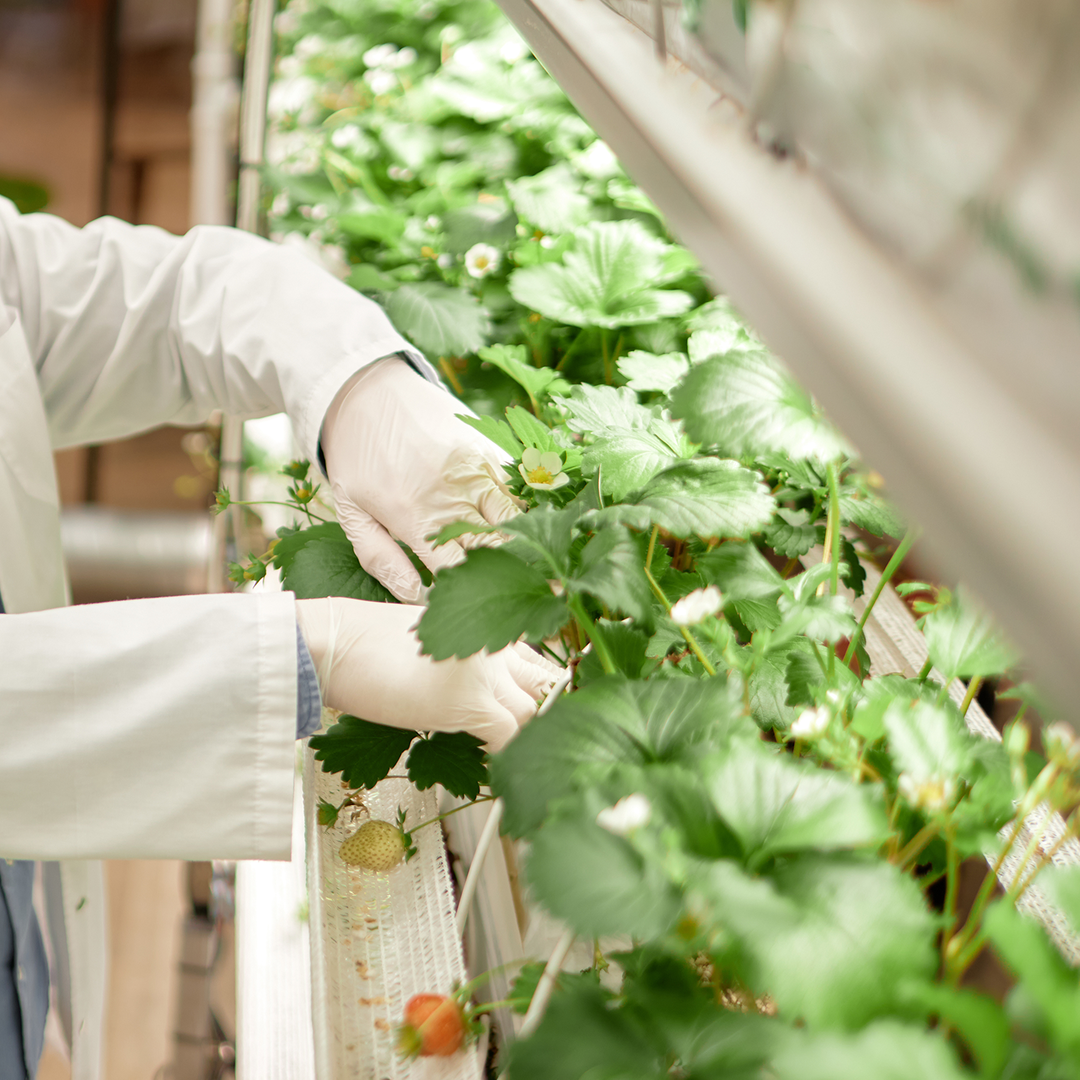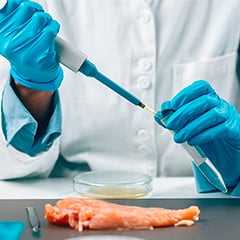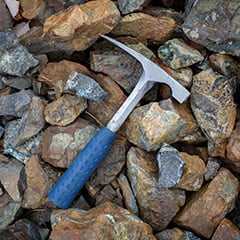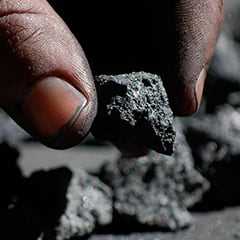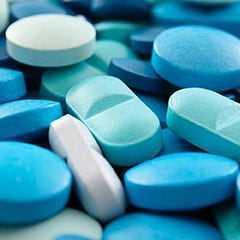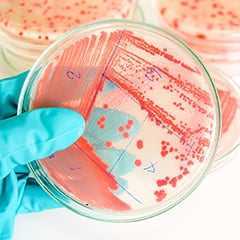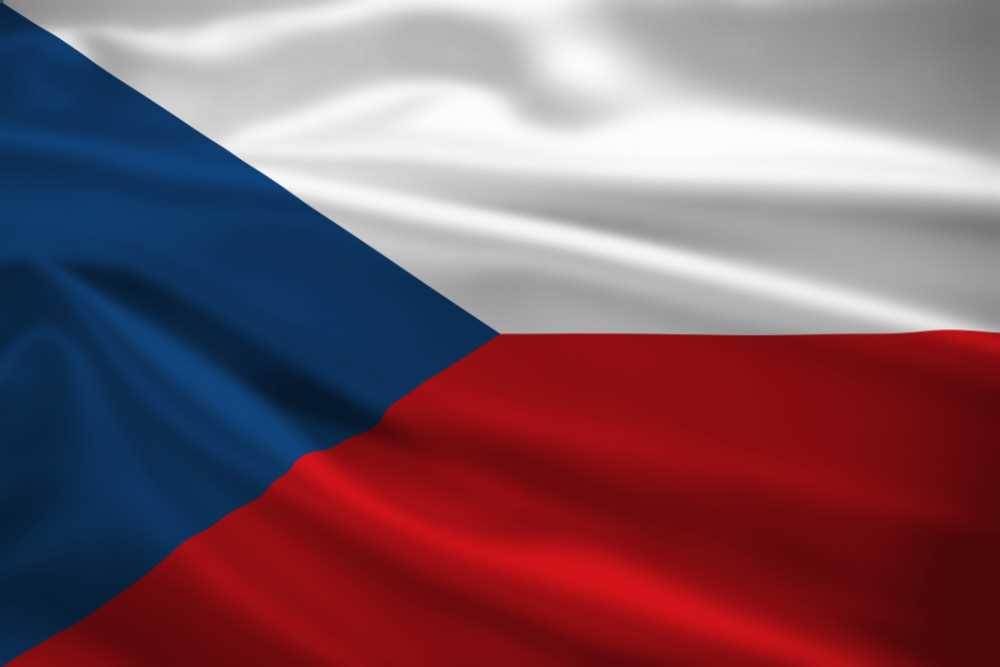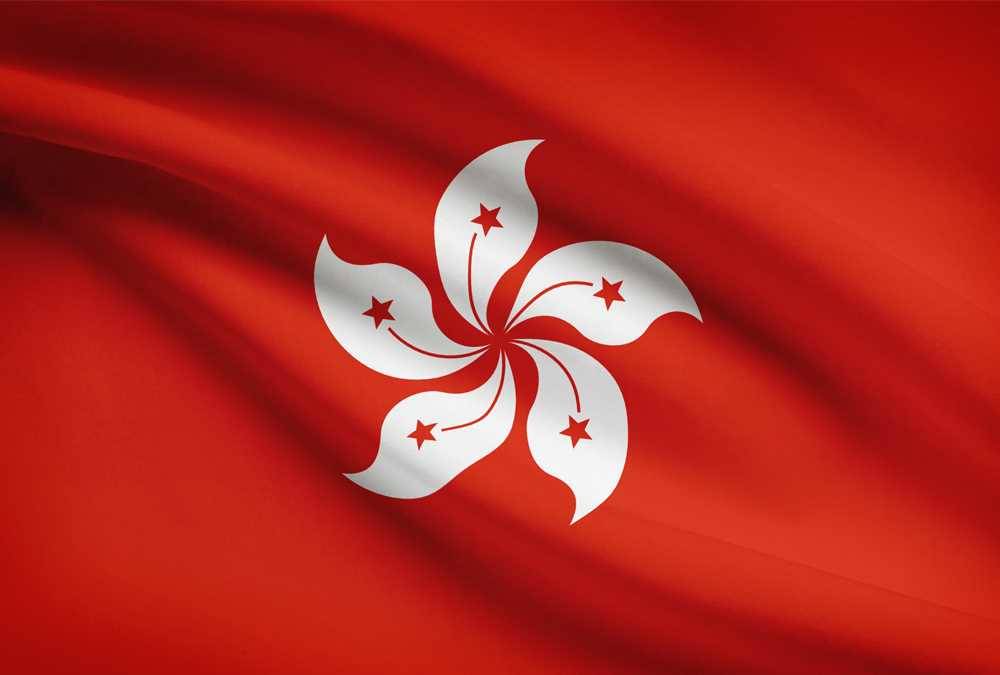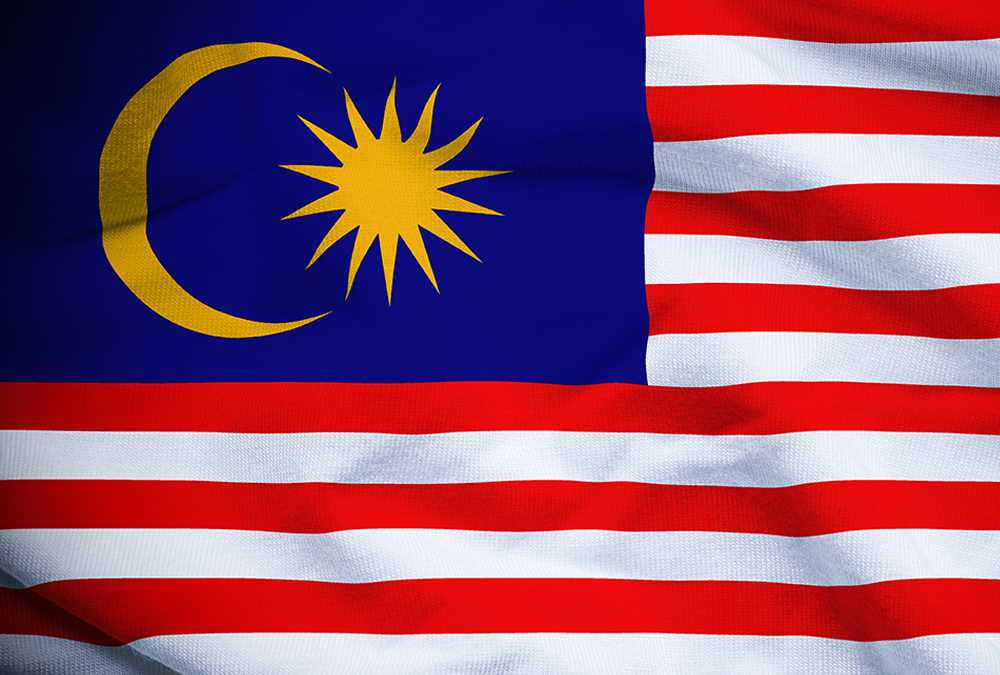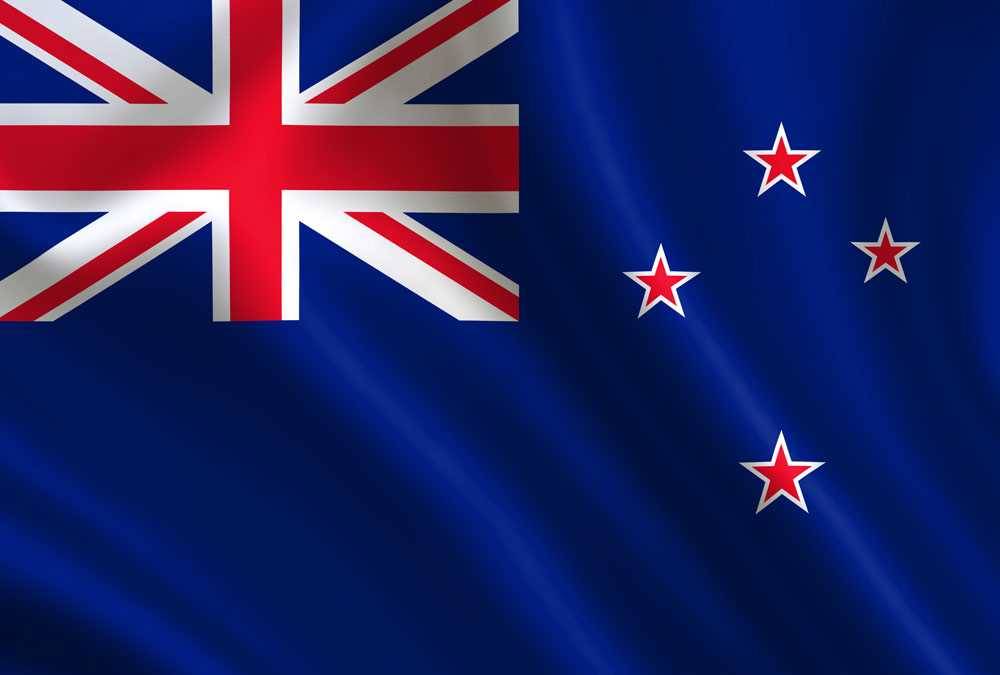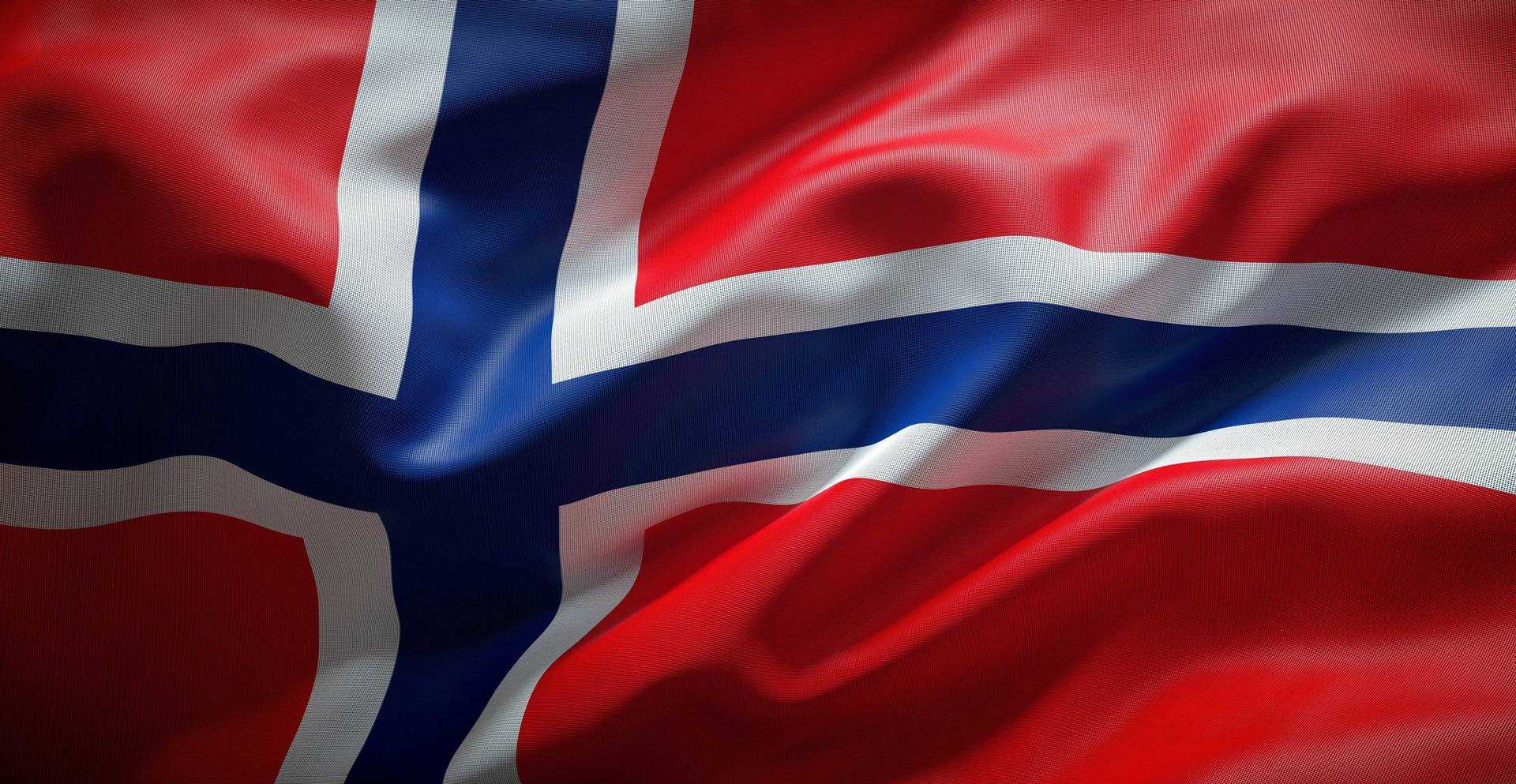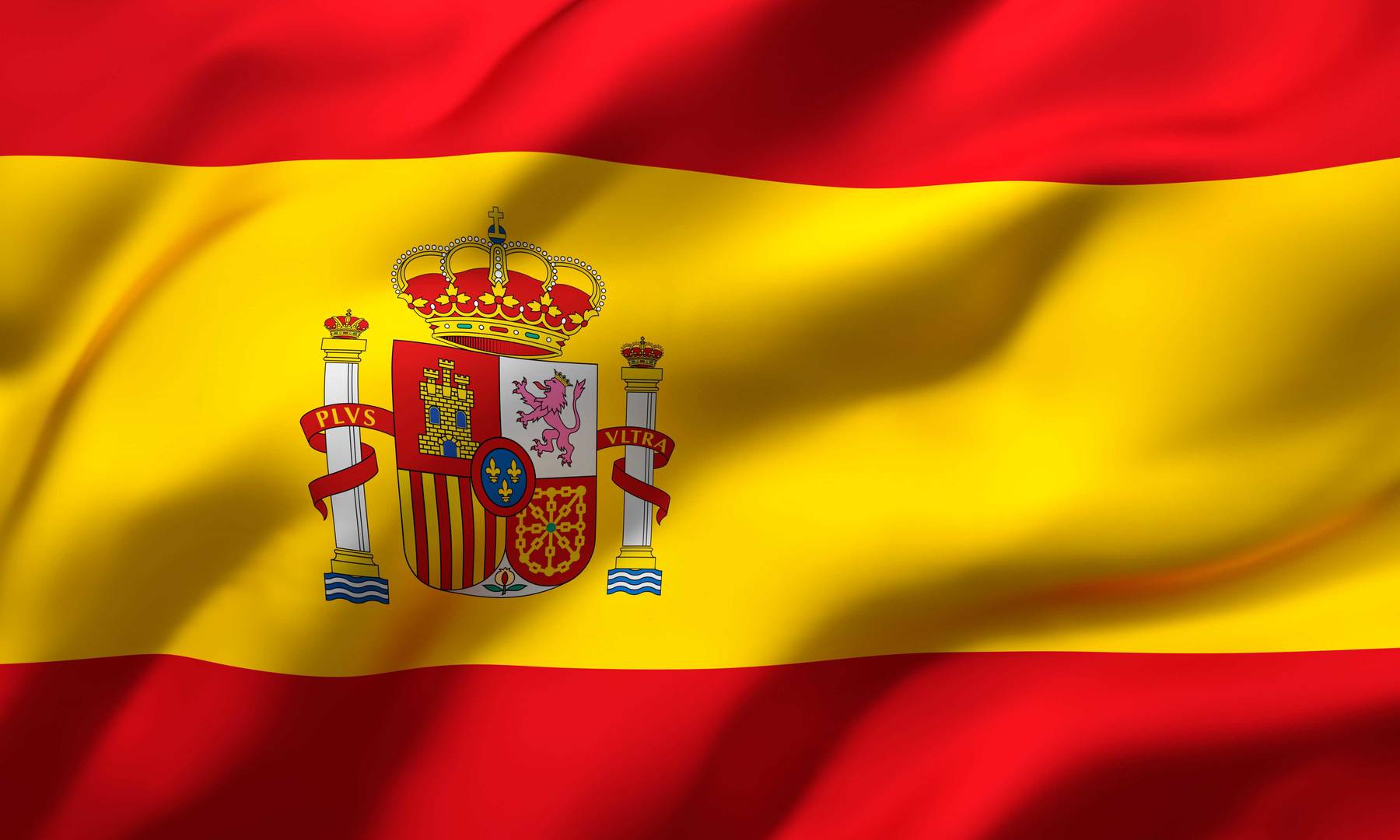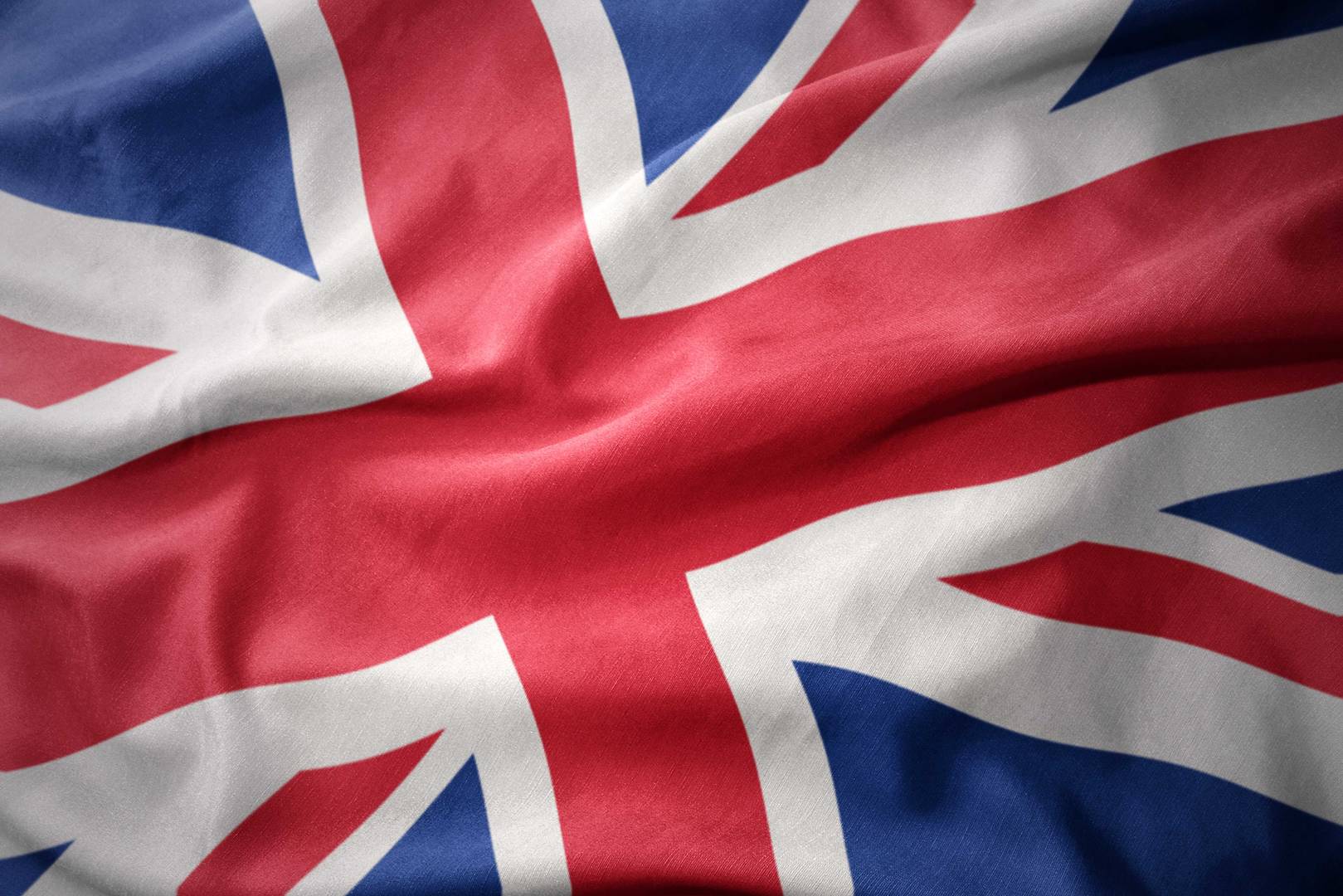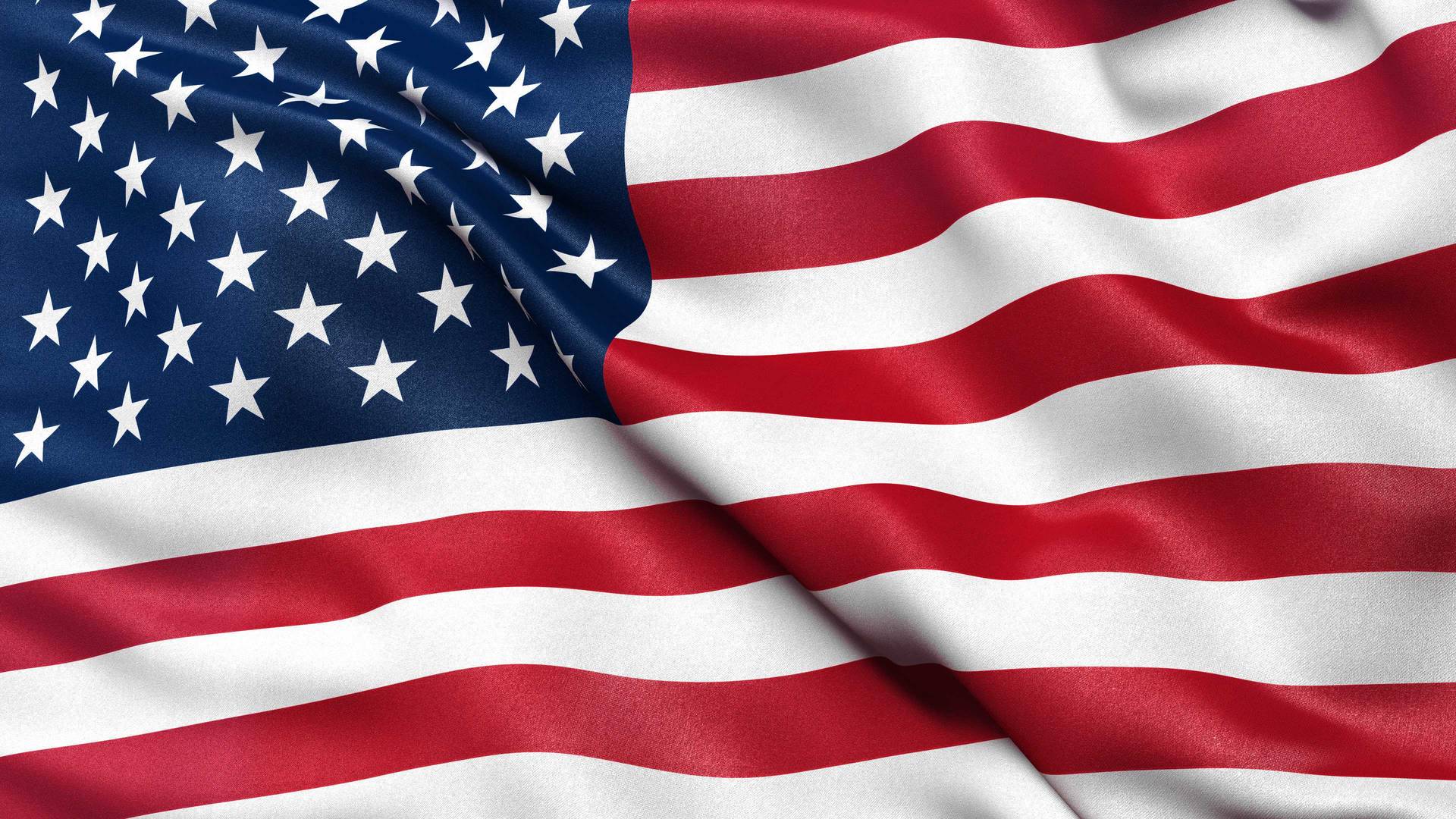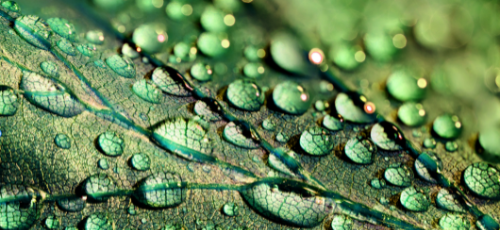Scientific testing helps verify the health benefits of mānuka honey
ALS, a leading testing company with global reach across a wide variety of sectors including food and environmental, is at the forefront of testing mānuka honey – a natural product celebrated for its unique medicinal properties. Mānuka honey has been scientifically verified as an effective antibacterial topical ointment and is now undergoing new research trials for additional health benefits.
Mānuka honey is produced from the nectar of the mānuka tree (Leptospermum scoparium), which is collected by bees while pollinating its flowers during spring and early summer. Mānuka is native to New Zealand and has long been venerated by the country’s indigenous Māori people for its healing properties. The mānuka honey story is a powerful example of how science-based testing can be used to verify the knowledge and traditional practices of indigenous people, and lessons from this example have the potential to be applied to natural products around the world.
An indigenous natural treasure goes global
For Māori, a thing of high value is called ‘taonga’, which means a treasure or something prized. The mānuka tree is among many elements of New Zealand’s natural environment considered taonga by Māori.
Mānuka trees are naturally abundant in New Zealand’s remote areas but only bloom for a few weeks each year, so the honey is a rare and precious natural product. While the honey only became available after settlers imported European honeybees – since native New Zealand bees do not store honey in the same way that the European honeybee does – Māori already had many uses for the plant. Infusions made with the leaves were used to reduce fevers and treat stomach and urinary issues. Gum from the tree was used as a moisturiser for burns, and to ease coughing. Extractions of the bark were used as a sedative, mouthwash, and to treat diarrhea and fever.
In the late 20th century, mānuka honey’s reputation and availability spread beyond New Zealand, as people around the world began to incorporate more traditional, natural medicines into their health care practices.
To meet this growing demand, companies have been developing and marketing many natural medicinal products, and governments have tried to keep up, investigating and regulating the health benefit claims of products based on traditional medicines. This has created a growing need for reliable scientific and clinical testing to identify the components of products, verify the claims, and test for the potency and authenticity of ingredients.
Health benefits verified by science
Scientists in New Zealand began controlled laboratory testing of mānuka honey in the 1980s, leading to the discovery of the unique chemical properties that give the honey its antibacterial benefits. Then, in the 1990s, a society of New Zealand beekeepers, processors and marketers established the Unique Mānuka Factor (UMF) quality trademark, a grading system to authenticate the origin, purity and quality of mānuka products.
Producers must undergo independent testing to attain the UMF label and are audited and tested annually to ensure their honey meets the claims on their packaging. The UMF grading system was more recently updated to include the MGO (methylglyoxal) concentration, which is a measure of the amount of this naturally occurring compound that is in the honey, and which is correlated with the honey’s potency.
New Zealand’s scientific verification of mānuka honey’s antibacterial properties also led to the United States Food and Drug Administration (FDA) in 2007 issuing approval of some mānuka honey-based products for antibacterial, topical uses. Thus, companies marketing mānuka-based products for topical uses in the US are well positioned to meet the new, stricter requirements of the
Modernisation of Cosmetics Regulation Act (MOCRA) of 2022, which gives the FDA authority to enforce laws that help ensure the safety and efficacy of skin care products in the US.
Ongoing research and a source for trusted testing
In addition to its proven benefit in assisting with wound healing, mānuka honey ’s celebrated anti-inflammatory, antioxidant and antiviral properties have also begun to undergo scientific investigation. Most recently, in 2023, research into mānuka’s value for treating digestive ailments began at New Zealand’s Otago University. Other potential benefits and uses of mānuka honey are also the subject of ongoing scientific study: from treating respiratory conditions to improving oral health, supporting immunity and more.
As the market leader in New Zealand-origin honey testing, ALS is trusted by many mānuka producers to conduct their testing. ALS has been deeply involved in every aspect of mānuka testing from the start and has been chosen on more than one occasion to carry out research on a range of topics, including ways to authenticate honey labelled as being mānuka. ALS provides a wide variety of fully accredited testing services involved in authenticating and grading mānuka honey, and continues to develop new testing methods, including innovative options for the high-volume, fast-turnaround tests needed by beekeepers, manufacturers and marketers.
With its testing laboratories an integral part of New Zealand’s effort to maintain the highest standards for mānuka honey, ALS recognizes the value and cultural significance of its role.
‘The healing properties of the mānuka plant have been known by Māori for hundreds of years, and it is a taonga,’ says Steve Howse, Executive Director of ALS-Analytica Laboratories in New Zealand. ‘Our testing of mānuka honey is a great example of how science is able to support what Māori have long known.’
About ALS Limited
A global leader in testing, ALS provides comprehensive testing solutions to clients in a wide range of industries around the world. Using state-of-the-art technologies and innovative methodologies, our dedicated international teams deliver highest-quality testing services and personalized solutions supported by local expertise. We help our clients leverage the power of data-driven insights for a safer and healthier world.
References
https://www.nzstory.govt.nz/stories/manuka-a-honey-of-a-plant/
https://www.verywellhealth.com/health-uses-of-manuka-honey-7501619
https://www.ncbi.nlm.nih.gov/pmc/articles/PMC7054553/
https://www.odt.co.nz/the-star/unlocking-honey-secrets
